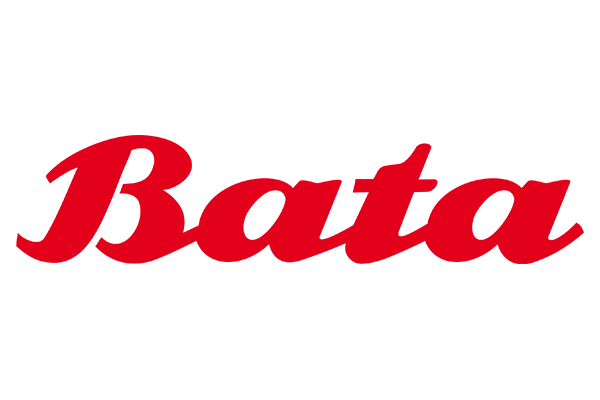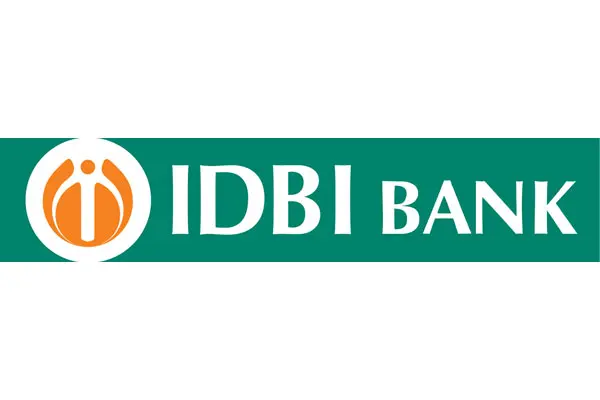Bata India Ltd experienced a 5% surge in its share prices, seemingly prompted by a CNBC-TV18 news report suggesting that Bata is engaged in discussions with Adidas India for a strategic partnership in the Indian market. While the stock exchanges have requested clarification from Bata regarding this matter, the company is yet to respond.
Analysts have noted that considering Bata’s focus on premiumization and sneakerization, the potential partnership with Adidas India wouldn’t come as a complete surprise. An analyst, preferring to remain anonymous, pointed out that such a tie-up would have positive sentimental implications for Bata, similar to the effect seen with Metro Brands, which serves as the national retail partner for Crocs in India. However, investors are eager to gauge the potential financial impact on Bata, particularly with regard to revenue growth.
Despite this news, Bata is navigating challenges in its growth trajectory, including subdued demand in mass categories, rising inflationary pressures, and intensified competition. The company’s lackluster performance in the June quarter (Q1FY24) reflects these difficulties, as lower volume growth led to a modest 1.6% year-on-year increase in revenue to ₹958 crore. Early initiation of end-of-season sales and discounts resulted in a lower gross margin of 54.7% in Q1. While the management acknowledged a moderate decline in same-store sales growth last quarter, the path to achieving a balance between growth and margin remains intricate for Bata.
In an effort to bolster its operating margin and reduce costs, Bata has implemented various measures, but these initiatives require time to manifest tangible results. As a consequence, earnings expectations have been tempered. Akhil Parekh, Senior Vice President at Centrum Broking Ltd., emphasized that Bata’s revenue growth continues to lag behind its close competitor, Metro Brands. The subdued growth trajectory coupled with a bleak outlook on operating margins could potentially hinder Bata’s near-term earnings growth recovery.
Bata’s management remains optimistic about a demand recovery in the mass categories during the second half of the year, driven by festival and wedding seasons. However, the actualization of this prediction remains uncertain. Amid these challenges, Bata’s emphasis on premiumization has been instrumental in maintaining its average selling price. Nevertheless, the stock’s performance has been lackluster in 2023, with a 5% rise in comparison to Metro Brands’ nearly 24% returns. A substantial rebound in Bata’s stock performance will likely hinge on a resurgence in revenue growth and effective cost management.











